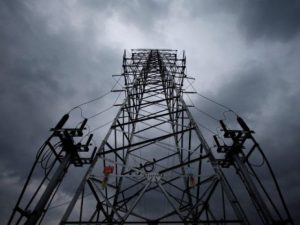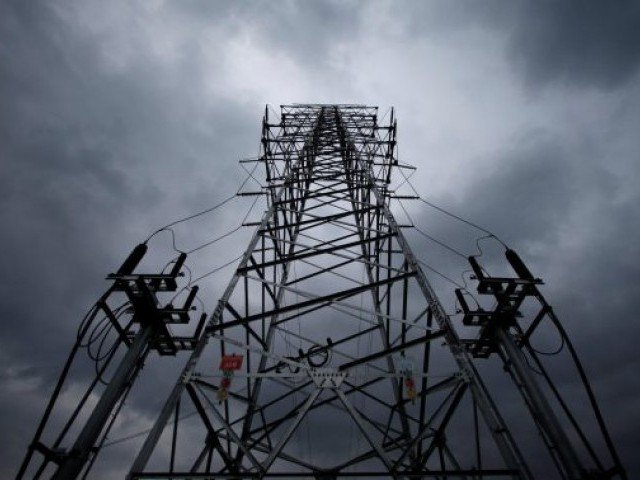Inter-State Gas Systems (ISGS) of Pakistan and Power China Signed An Agreement to Establish Gas Pipeline:
Inter-State Gas Systems (ISGS) of Pakistan and Power China Signed An Agreement to Establish Gas Pipeline: Prime Minister Shahid Khaqan Abbasi and Li Yanming, Vice President of Power China Limited signed a Memorandum of Understanding (MoU) between Inter-State Gas Systems (ISGS) of Pakistan and Power China at Sanya. This will establish laying of North-South Gas Pipeline and the pipeline would serve as a secure and continuous supply of affordable gas in areas currently showing increased demand for power generation and industrial use.
Another MoU signed by the Prime Minister was between Pakistan State Oil (PSO) and Power China for construction of up-country deep conversion oil refinery and lying of a crude oil pipeline.
“This project will help in reducing costs of petroleum products currently being transported via road from refineries in southern parts and also ensure uninterrupted supply”.

Prime Minister Shahid Khaqan Abbasi reached China to attend Boao Forum Annual Conference for Asia.
Boao Forum for Asia (BFA) will conclude in the city of Hainan on April 11th. The forum brings together leaders in government, business and academia in Asia and other continents to exchange ideas on the most pressing issues in the region and the world at large. It is also committed to promoting regional economic integration and bringing Asian countries even closer to their development goals.
BFA focus on economics, integration, cooperation, society and the environment. In the past the forum also addressed China’s entry into the World Trade Organization, as well as Southeast Asia’s economic crisis during the 1990s.
The forum, sometimes known as the “Asian Davos”, takes its name from the town of Boao, located in China’s southern Hainan province, which has been the permanent venue for its annual conference since 2002. Leaders or deputies from 16 countries, including Armenia, Australia, Austria, China, Indonesia, Kazakhstan, Malaysia, Nepal, the Netherlands, Qatar, Russia, Sri Lanka, Sweden, Thailand, Uganda, and Zambia, are attending the forum.

